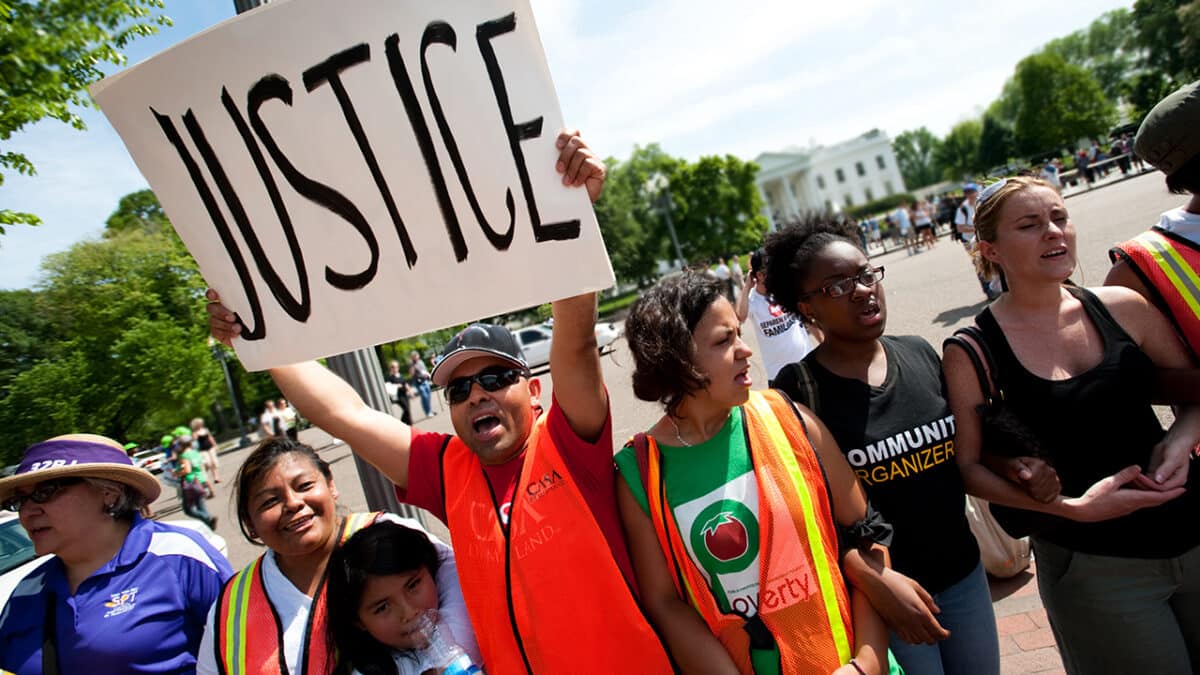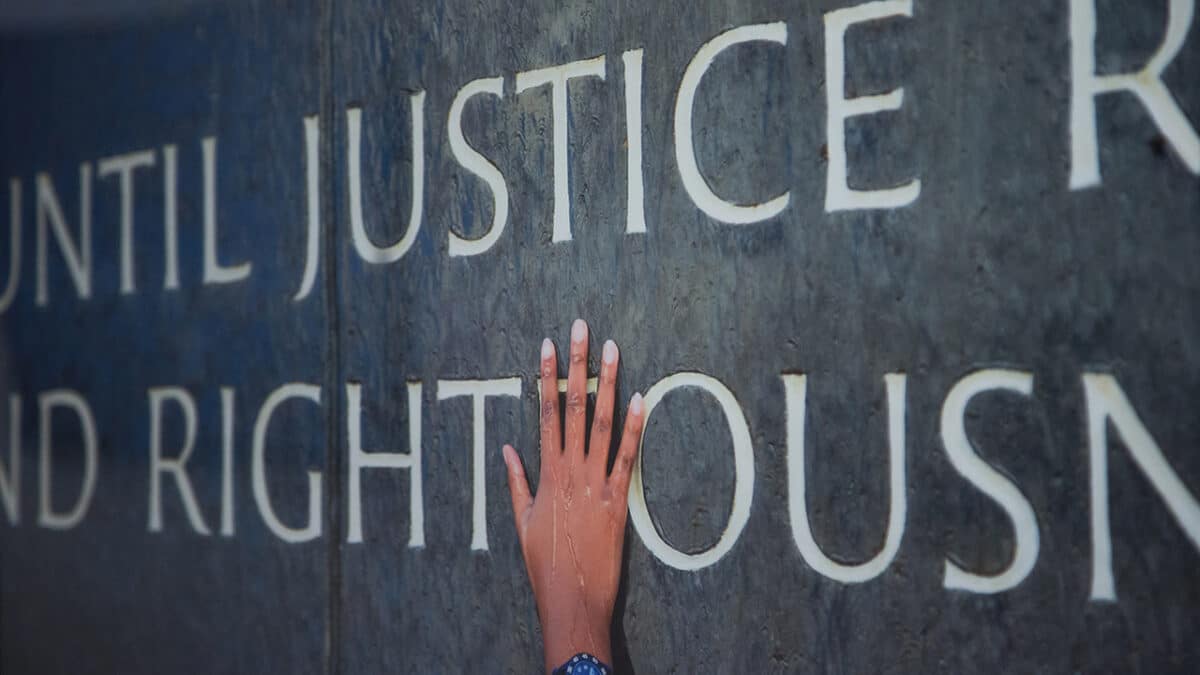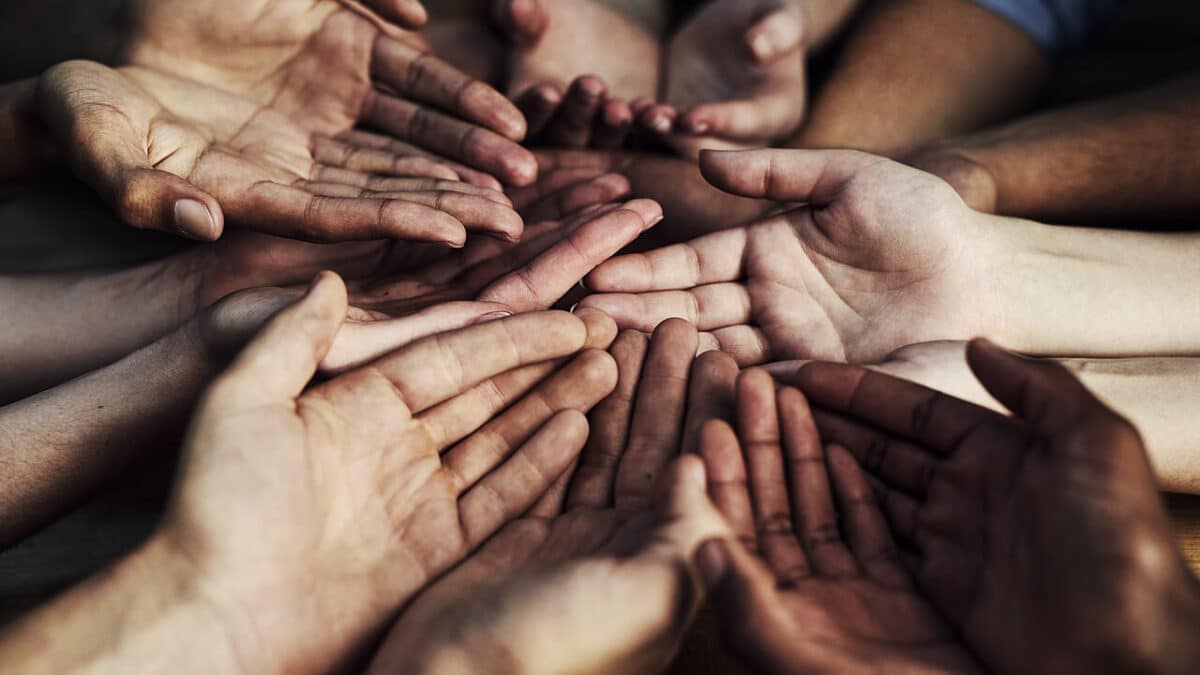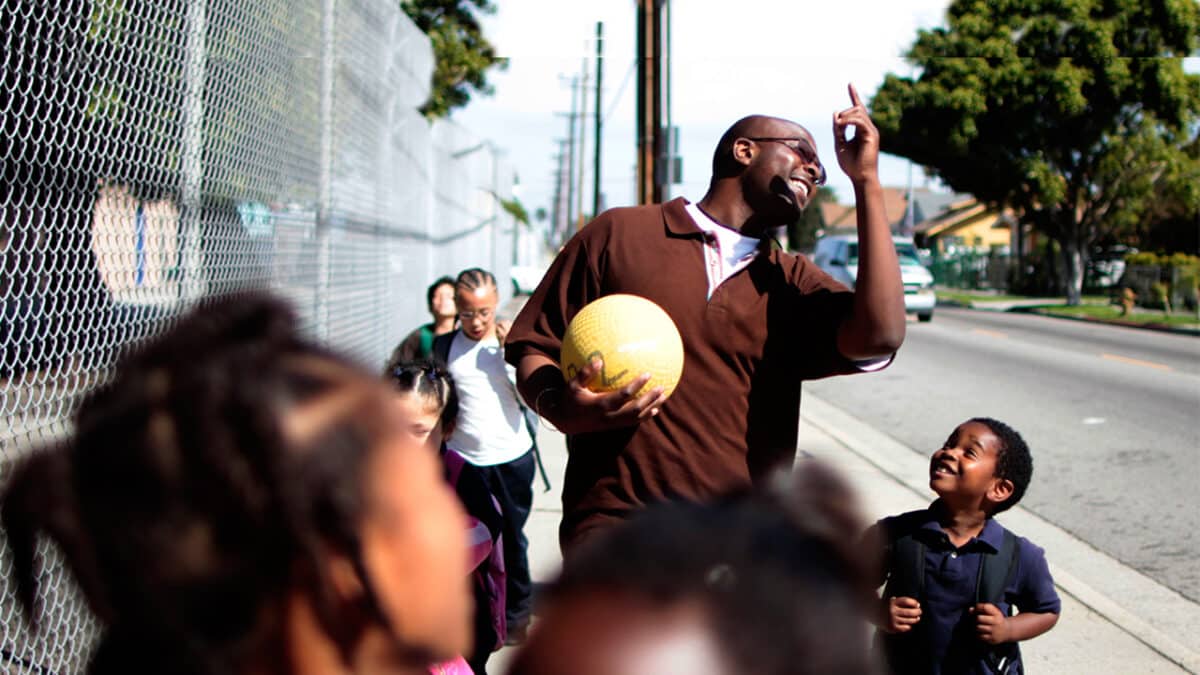
Gender, Race and Identity
How do gender, race, class, and other aspects of identity affect the policymaking process? Can public policy help create equitable and harassment-free workplaces?
Latest Article

Women and AI: Overcoming Potential Bias and Optimizing the Best of Both Worlds
Women and girls are essential to the efficiency of AI’s future. In order to optimize the full unique capabilities of AI, it is important that the full range and spectrum of women is represented at the different stages of AI development to deploy optimal AI solutions and efficiencies to address societal challenges and ultimately achieve social and economic progress.Explore all Articles
filter by–Region
filter by–Country
search by–Keyword

The Peruvian Book of Queerness: An Interview with Javier Ponce Gambirazio on Writing about Queer Experiences in Peru
03.3.24
Author Javier Ponce Gambriazio discusses writing about queer experiences in Peru.
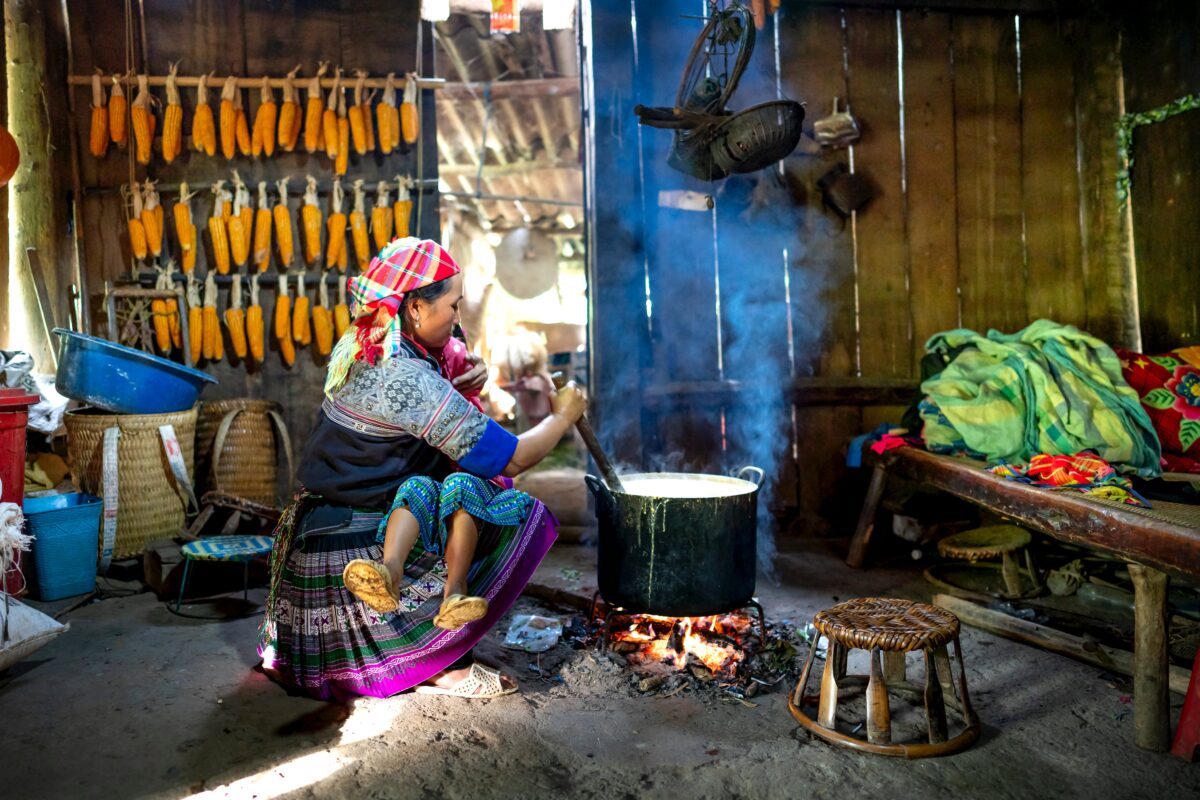
From the Margins: How Gender and Kitchens Got Sidetracked in the Energy Debate
02.9.24
Disproportionately affecting women, lack of access to clean fuels for cooking leads to 3.7 million untimely deaths annually from household air pollution.
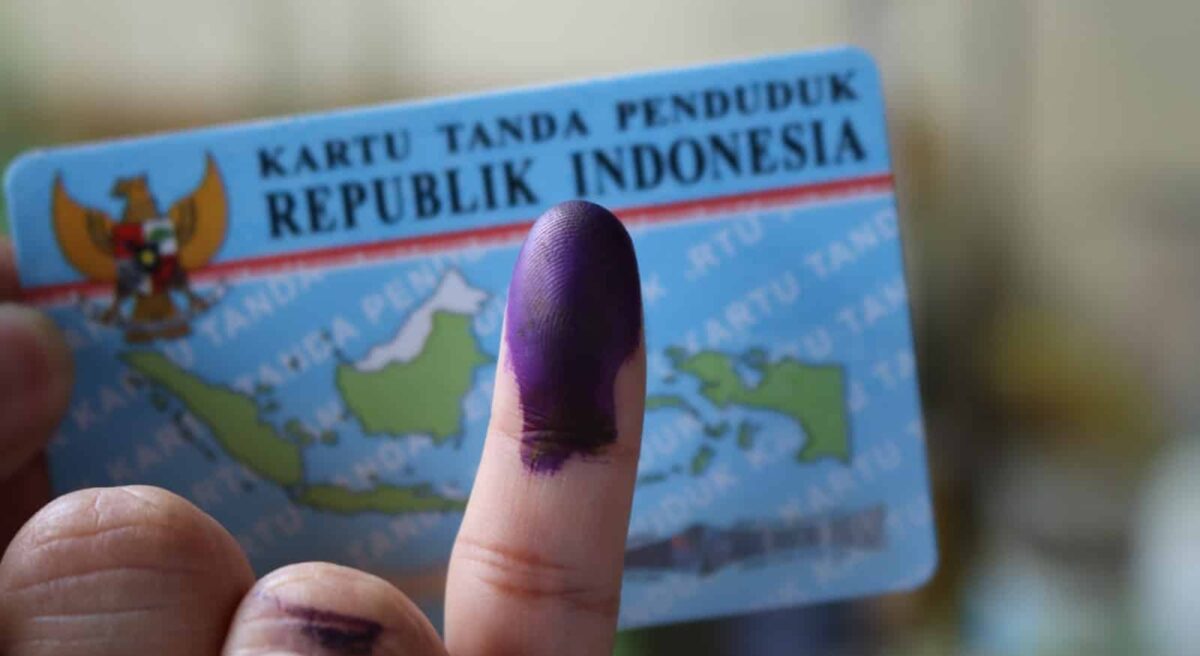
Chinese-Indonesians Face Long Road to National Integration, Except During Elections
01.31.24
Indonesia takes pride in its national motto ‘unity in diversity.’ For its ethnic Chinese minorities, however, this phrase rings hollow.
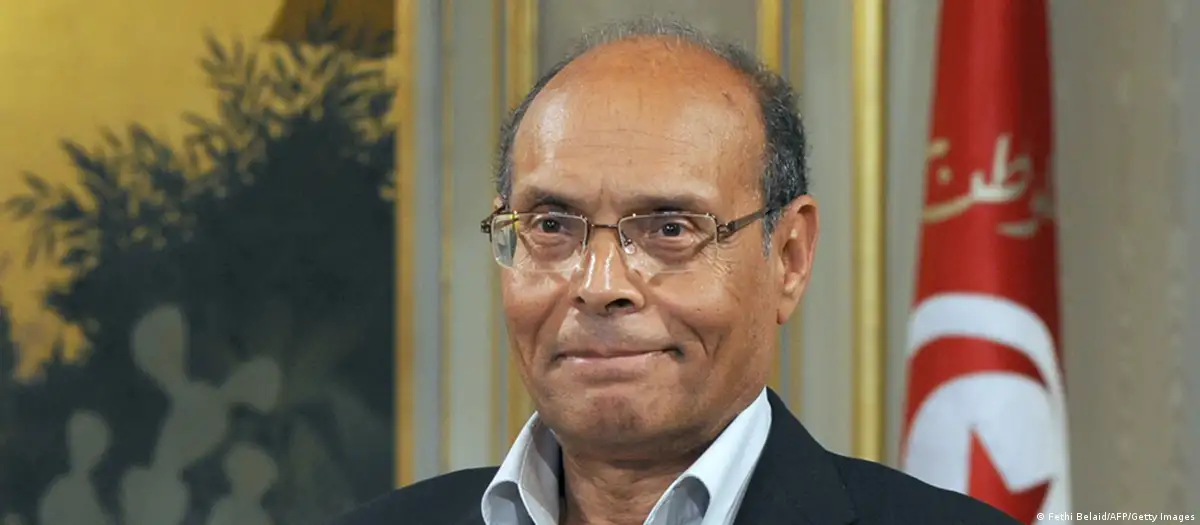
Interview with Former Tunisian President Moncef Marzouki
11.3.23
On November 29th, 2022, HKS Student Policy Review Senior Editor Samriddhi Vij sat down with the former President of Tunisia Moncef Marzouki to discuss democracy in the Arab world, with a special focus on civil movements and women’s rights.

Aiding Afghans without Aiding Taliban
10.27.23
The goal should be to support the Afghan people, especially women, in their quest for dignity, freedom, independence, and human rights, while minimizing the risk of providing legitimacy and resources to the Taliban.
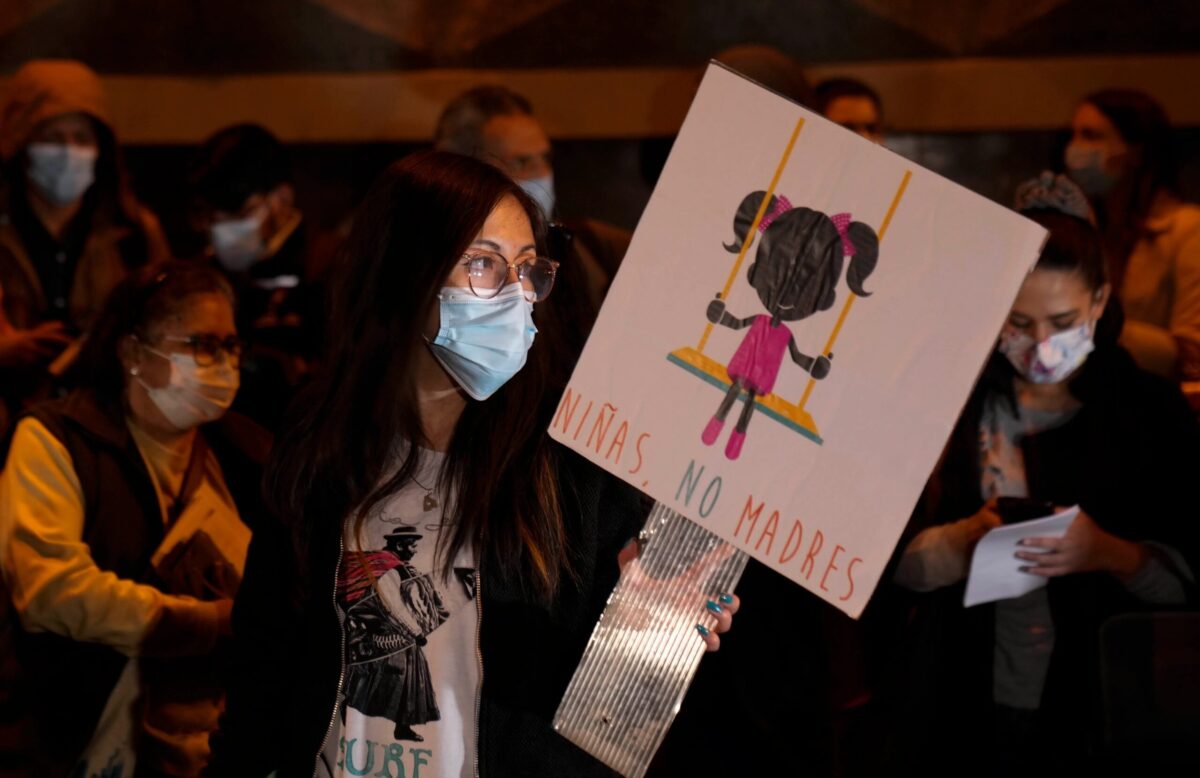
Medical Personnel Uninformed of Reproductive Law: How Bolivia’s Neglect for Abortion Rights is Endangering Pregnant Individuals
07.14.23
How difficult is it to get a legal abortion in Bolivia? Well, as shown by a recent ordeal an 11-year-old child had to go through, it took weeks of mass national protests, government intervention, and international media attention.
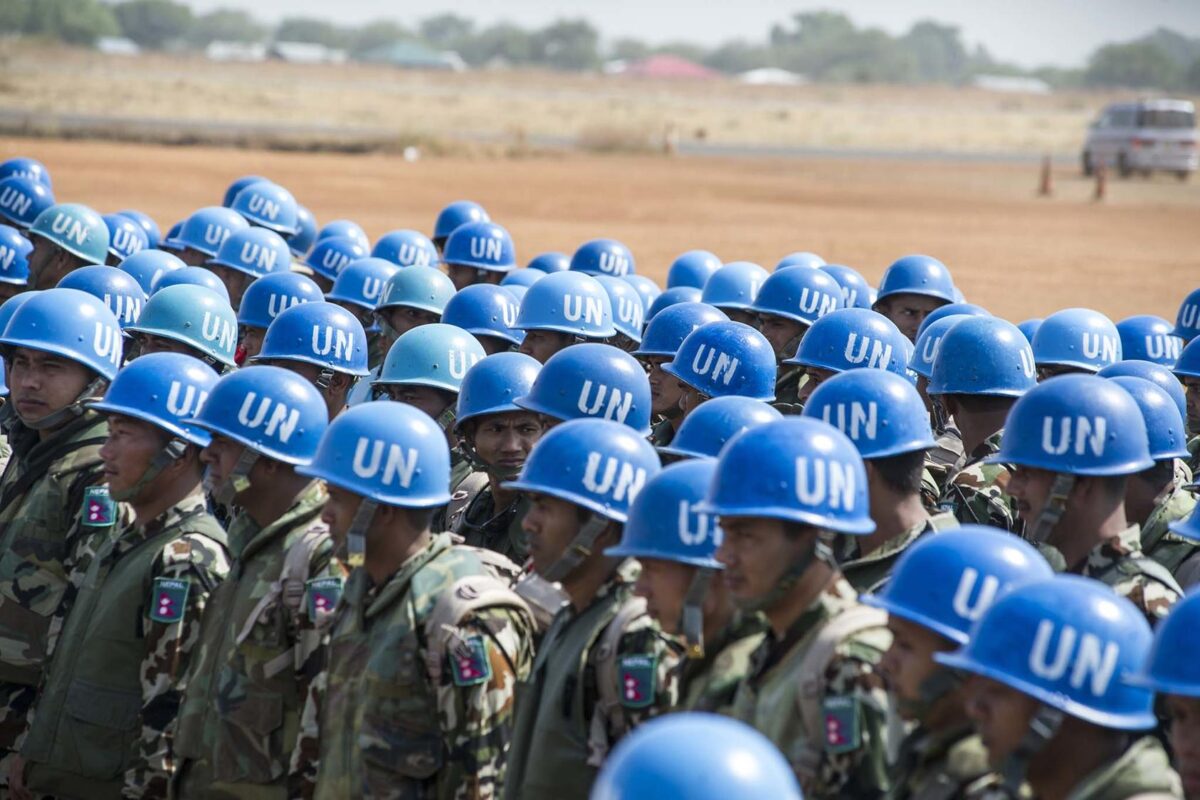
The Worst-Kept Open Secret: Sexual Abuse Crimes Perpetrated by UN Peacekeepers: We need criminal accountability, not guidelines, and blind eyes.
05.15.23
Introduction We have heard how rape is used as a weapon or tactic of war[i], but it is time to ask if sexual exploitation and abuse (SEA) is a weapon of the United Nations (UN) peacekeepers? The UN received approximately 2,000 SEA allegations perpetrated by UN peacekeepers between 2004 and 2014.[ii] In 2003, Kofi Annan, […]
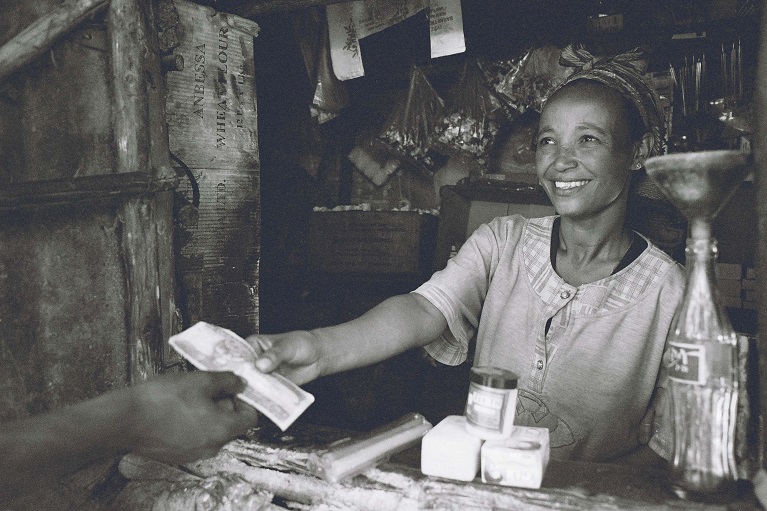
A Playbook to Design & Deliver Financial Savings Solutions for Women
05.15.23
The gender gap looms large in financial inclusion. Across developing economies, women are six percentage points less likely than men to own bank accounts — in countries like Bangladesh, Nigeria, and Turkey, the gender gap is more than twenty percentage points. Men are more likely to report that they have saved any money in the […]
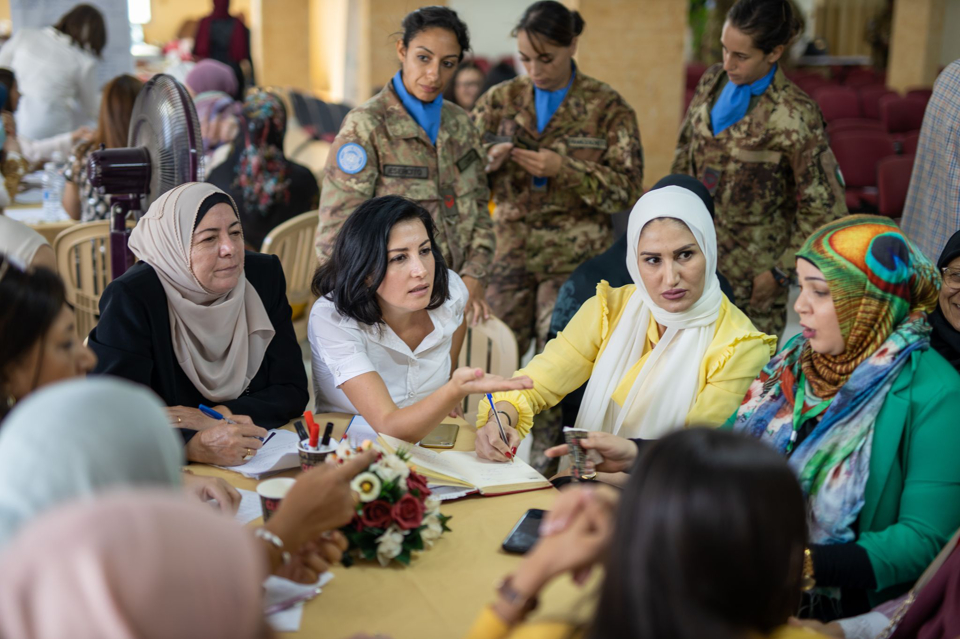
Calling on Women to Extinguish the Flames: The Power of Female Leadership in Conflict Resolution
05.15.23
As two Palestinian and Israeli women and friends, who have lived through longstanding antagonism of our nations, we have seen firsthand the devastating impact of war and hatred on both sides. We came together to share our belief that female leadership is crucial for a better future for both people. However, women have been largely […]

Compensating at Scale: America’s Insecure Masculinity and the Police
05.12.23
In this article, Rick Miles offers a gender and masculinity based explanation for the expansion of policing and police militarization in American public life as an example of compensatory masculinity.

We Can’t Go Back. Private Universities Must Counter the Attack on Gender Studies
05.12.23
In this article, Mara Bolis presents the argument for private universities to defend intersectional gender studies from new laws restricting discussions of gender, race, sexuality, inequality and even American history at public institutions.

Shifting the Focus from Weapons to Women: Reimagining Disarmament, Demobilization, and Reintegration (DDR) in the Democratic Republic of the Congo (DRC)
05.12.23
In this article, Bryn de Chastelain explores the benefits of gender-sensitive reintegration efforts within DDR programmes in DRC.
